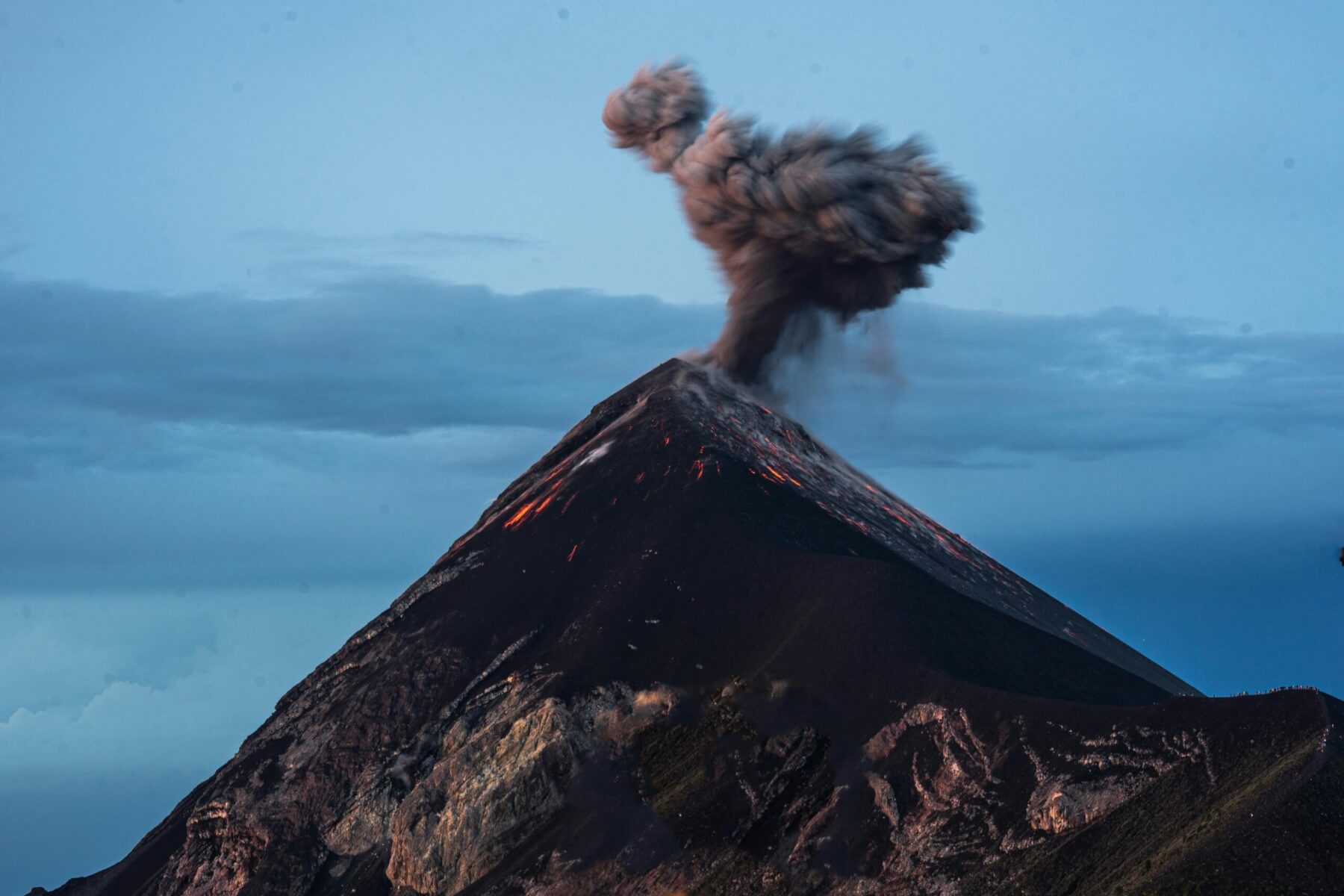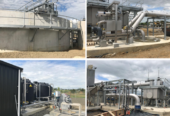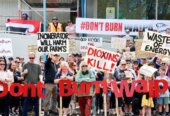Much of my work in volcanology is around the intersection of communities and volcanoes.

Janine Krippner
I have been spending a couple of weeks here in Tenerife leading a group of university students through an exercise that is teaching them how to begin to prepare a town for the possibility of future eruptions. We know that there will be eruptions, we don’t know where, when, or how big. There is no list of steps to take to prepare a community for an event or disaster because the community itself is such a critical part of the equation.
I don’t believe scientists should just waltz on into a town and tell people what to do. The first step is listening and understanding who the people are and what their needs are. There is so much we can do to empower our communities to be prepared for the events that might impact us, and to know how to act instead of waiting around for help. This isn’t just applicable to volcanoes or natural hazards.
The town we picked is close to where we are staying and is high up on the side of the island, surrounded by scoria cones and old lava flows. Some of the questions the students have been asking are about trust and where people get their information from. Who are the trusted community members who can help us to understand the community’s needs and to also help get the right information to their people? This also changes within the community with aspects like age. Would you turn straight to social media for information if a crisis hit, would you turn on the television, or would you turn to friends, family, and neighbours?

Smoking Active Fuego Volcano in Guatemala
Science is most impactful when it goes hand in hand with our everyday lives and considers the diversity, challenges, interests, and cultural aspects of who we are as a group of people living in an area. If, for some reason, we had to evacuate our town (like for a large fire), we would need to know who would need help. Who doesn’t have a car? Who has health issues or disabilities that would require assistance? Where are our elderly care facilities? Would our children be in school with parents working somewhere else like Hamilton? There would be so many moving parts and we, as a community, would need to do our best to not leave people behind.
Would you know what to take with you? I have encouraged you to have a list somewhere of the things that are important for you to take if you needed to leave quickly, having heard stories of how you can’t think straight about this during a crisis. Having a go bag, something you can grab with some essential supplies, is a great idea. Having cash in case we have a power cut (or a global IT crisis) is a good idea for buying things like food or petrol. Knowing that many in our towns can’t afford to have cash and spare food on hand is also important.
The complexities of humans (and our animals) living on an active planet are endless. It’s good to remember that at the end of the day we are in this together. If disaster strikes, your neighbours could be your first responders.








